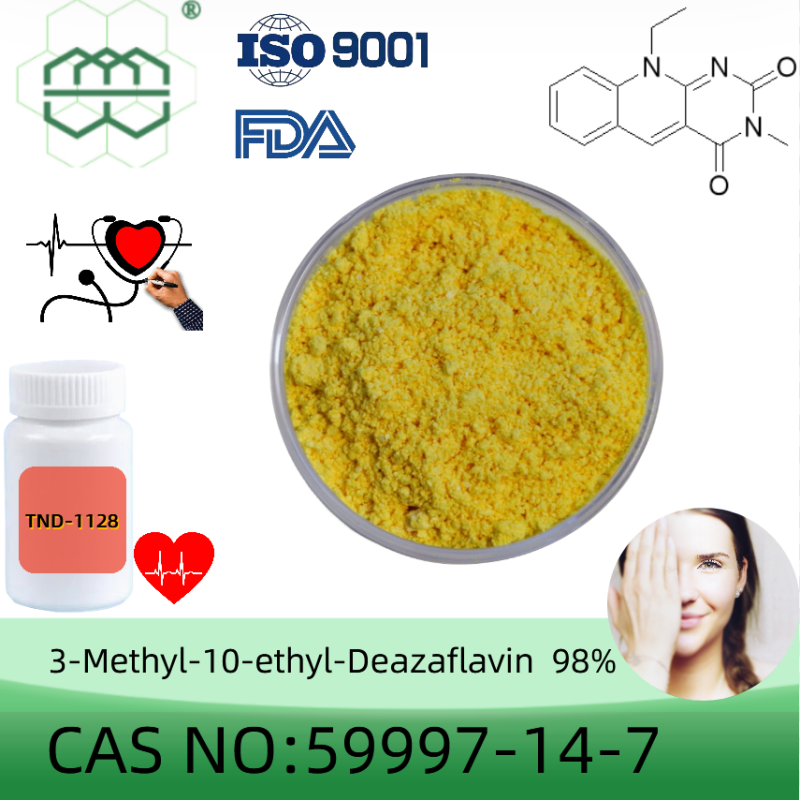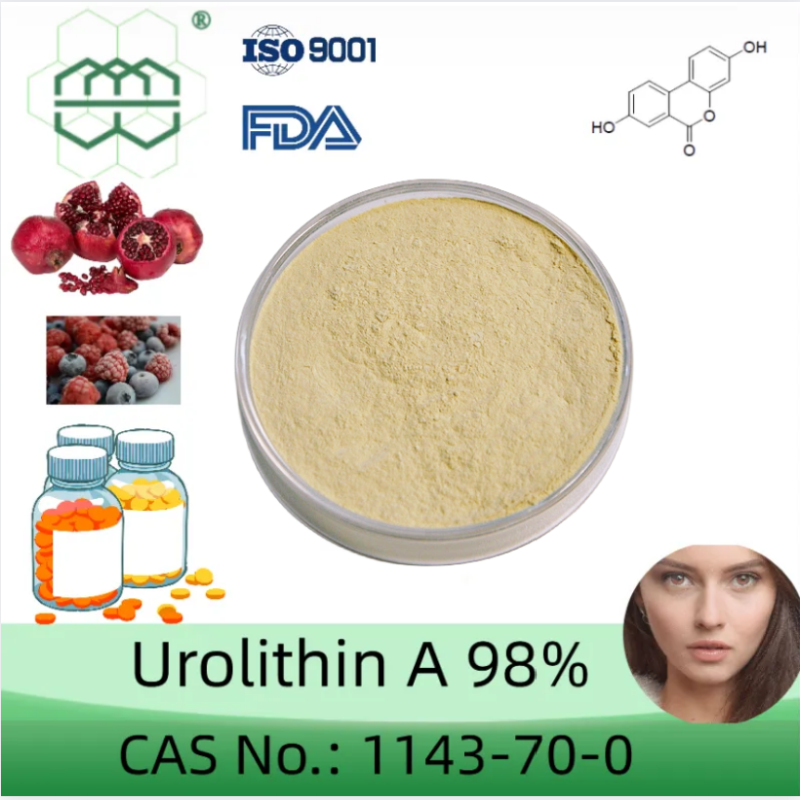-
Categories
-
Pharmaceutical Intermediates
-
Active Pharmaceutical Ingredients
-
Food Additives
- Industrial Coatings
- Agrochemicals
- Dyes and Pigments
- Surfactant
- Flavors and Fragrances
- Chemical Reagents
- Catalyst and Auxiliary
- Natural Products
- Inorganic Chemistry
-
Organic Chemistry
-
Biochemical Engineering
- Analytical Chemistry
-
Cosmetic Ingredient
- Water Treatment Chemical
-
Pharmaceutical Intermediates
Promotion
ECHEMI Mall
Wholesale
Weekly Price
Exhibition
News
-
Trade Service
Editor in charge: Food Science
0
Original title: The five minerals you need most
We usually get most of the minerals we need from the food we eat daily, but there is also an imbalance between intake and consumption, which leads to a lack of minerals in the body.
Magnesium: Magnesium is especially important for women over the age of 40, because it can reduce bone loss and prevent osteoporosis.
Calcium: Calcium is the most abundant mineral in the human body.
Iron: Iron can make people produce energy.
Potassium: Potassium helps stabilize blood pressure.
Zinc: Zinc is valued for its anti-oxidant and immune-enhancing properties.
How do I know if I am deficient in minerals? There are two most common testing methods:
Blood tests: Nutritionist Zeitlin explained that mineral deficiencies are most common in physical examinations performed by doctors, routine blood tests, including complete blood count testing and electrolyte measurements, and checks on diet and eating habits.
Hair analysis: There is also an updated test method called hair tissue analysis.
(This article is reprinted by "Food Science Network", the article is from People's Daily Online-Health Times.







